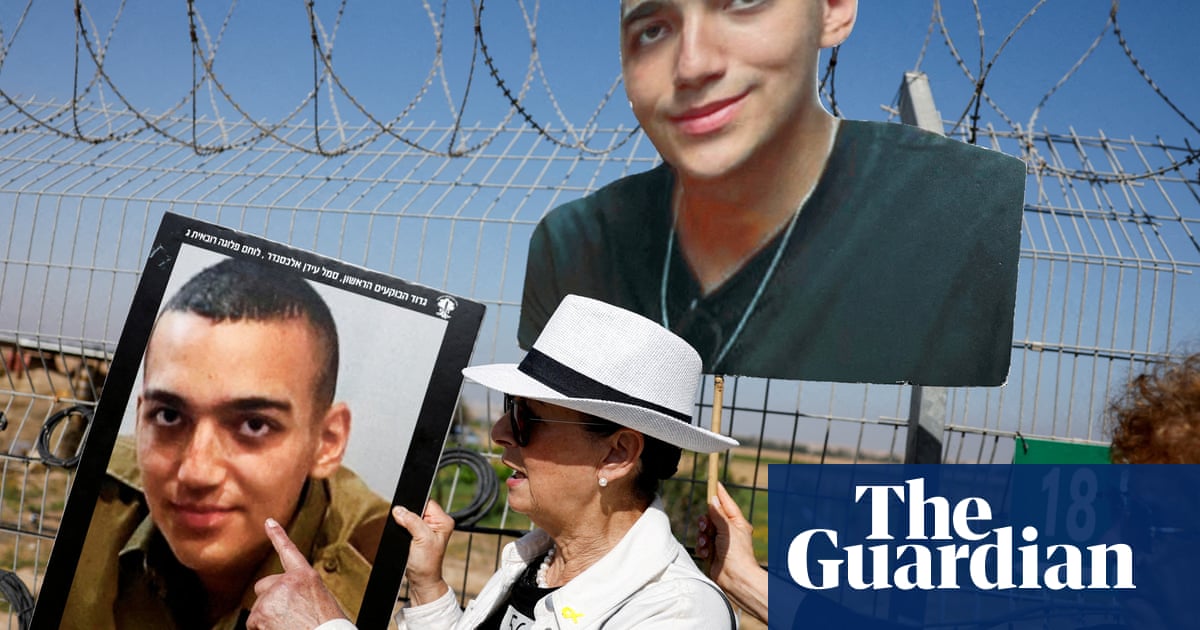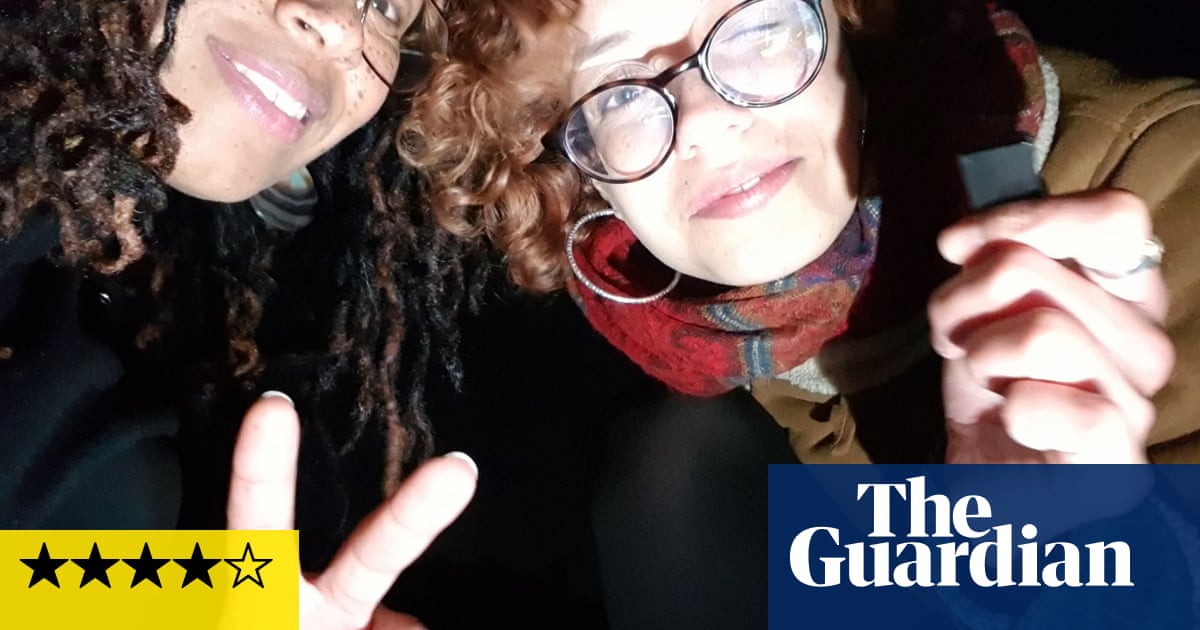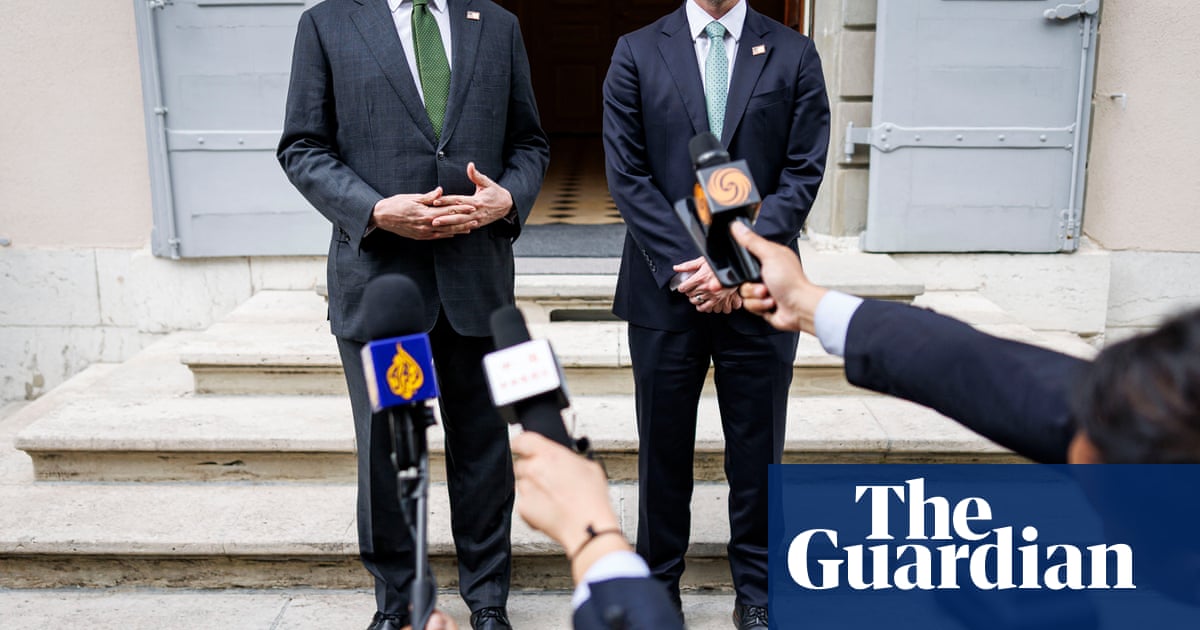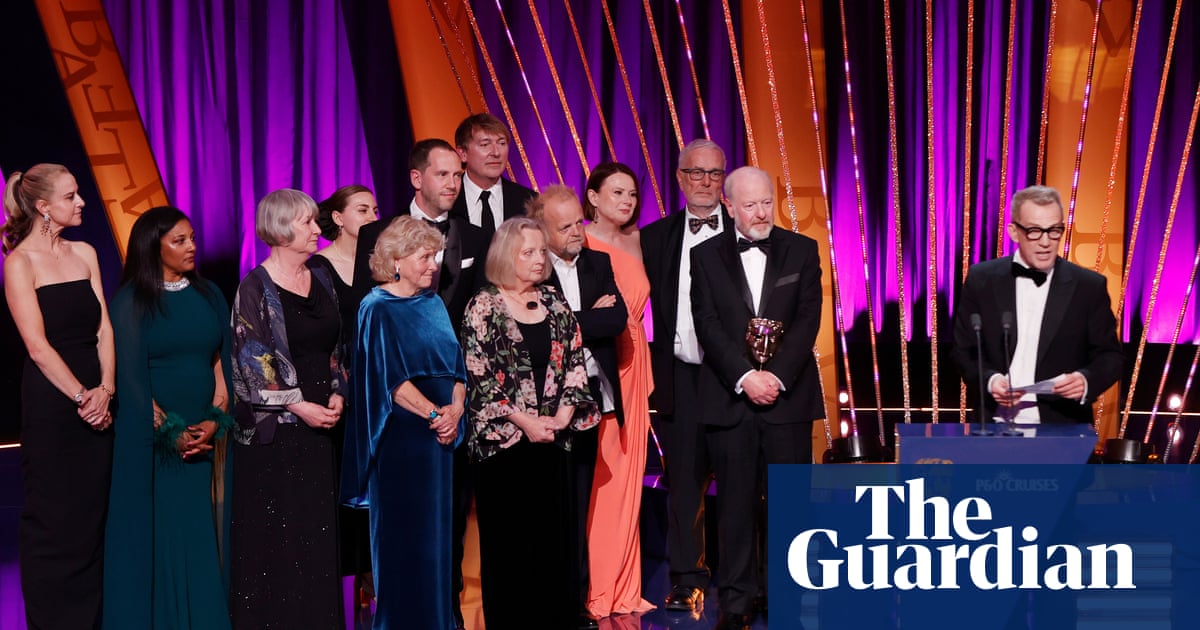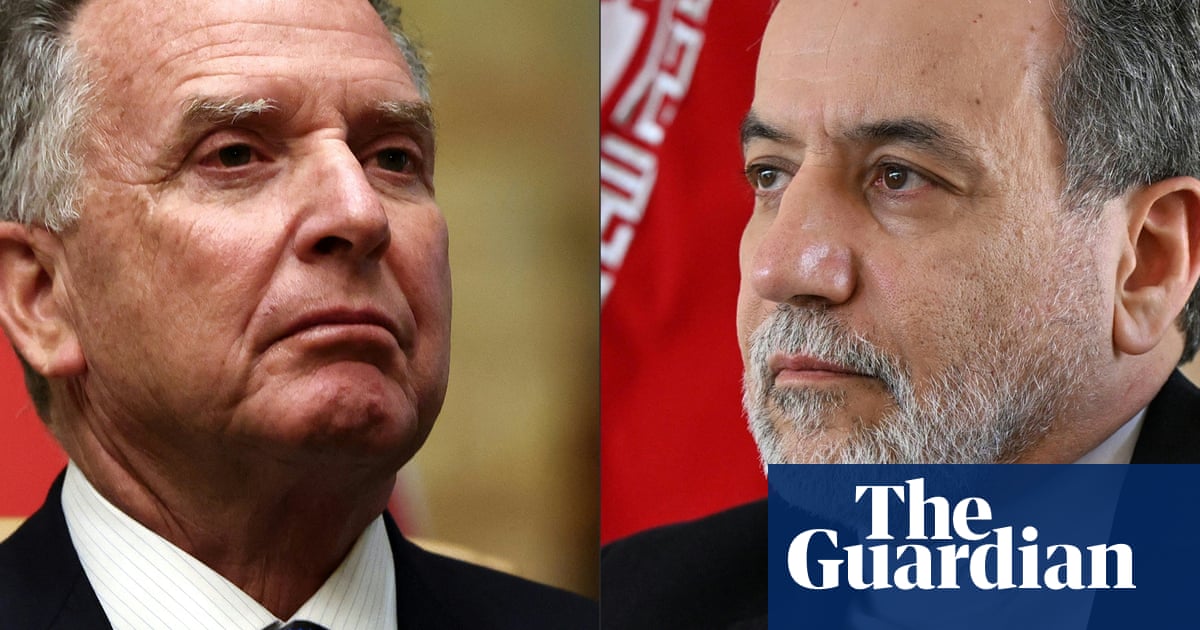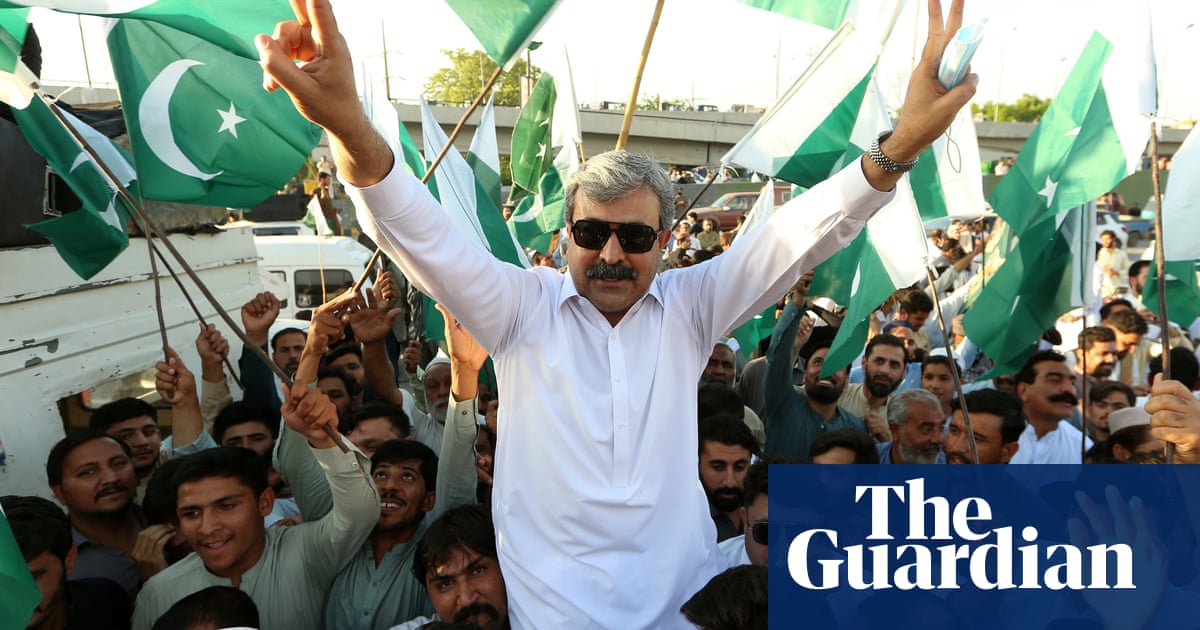A recent YouGov poll found that 40% of Britons have not read a book in the last year. “The literary era has come to an end,” Philip Roth prophesied in 2000. “The evidence is the culture, the evidence is the society, the evidence is the screen.” Roth believed that the habit of mind that literature required was bound to disappear. People would no longer have the concentration or the isolation needed to read novels.
Several studies seem to support Roth’s conclusion. The average time that a person can focus on one thing has dropped in recent decades from approximately 2.5 minutes to about 45 seconds. I witnessed this when I gave two Ted talks almost 10 years apart. In 2010, we were asked to keep our talks to 20 minutes; in 2017, that was reduced to around 13 minutes. When I asked why, the organisers informed me that the average attention span had shrunk. Still, I kept my talk to 20 minutes. And I would similarly like to push back on the idea that people no longer need novels.
The same YouGov polling shows that among those who read, more than 55% prefer fiction. Talk to any publisher or bookseller and they will confirm it: the appetite for reading novels is still widespread. That the long form endures is no small miracle in a world shaped by hyper information, fast consumption and the cult of instant gratification.
We live in an era in which there is too much information but not enough knowledge, and even less wisdom. This excess of information makes us arrogant and then it makes us numb. We must change this ratio and focus more on knowledge and wisdom. For knowledge we need books, slow journalism, podcasts, in-depth analyses and cultural events. And for wisdom, among other things, we need the art of storytelling. We need the long form.
I am not claiming that novelists are wise. If anything, quite the opposite: we are a walking mess. But the long form contains insight, empathy, emotional intelligence and compassion. This is what Milan Kundera meant when he said, “the novel’s wisdom is very different from that of philosophy”. Ultimately, though, it is the art of storytelling that’s older and wiser than we are. Writers know this in their guts – and so do readers.
In recent years, I have noticed a change in the demographics of book events and literary festivals across the UK: I am seeing more and more young people. Some are coming with their parents, but many more come alone or with friends. There are noticeably more young men attending fiction events. It seems to me that the more chaotic our times, the deeper is our need to slow down and read fiction. In an age of anger and anxiety, clashing certainties, rising jingoism and populism, the division between “us” and “them” also deepens. The novel, however, dismantles dualities.
The long narrative, ever since the Epic of Gilgamesh, has quietly cast its spell. One of the oldest surviving works of literature, at least 4,000 years old, Gilgamesh predates Ovid’s Metamorphoses, Homer’s Odyssey and the Iliad. It is also an unusual story with an unlikely hero at its centre. In the poem, King Gilgamesh emerges as a restless spirit, burdened by the storm of his heart. He is a brute, a selfish creature motivated by greed, power and possession. Until, that is, the Gods send him a companion: Enkidu. Together they embark on journeys far and wide, discovering other lands, but also rediscovering themselves.
It is a story about friendship, but also about many things besides, such as the power of water and floods to destroy or renew our environment, our desire to prolong youth, and our fear of death. In many classical myths, the hero returns home triumphant – but not in the Epic of Gilgamesh. Here we have a protagonist who has lost his dear friend, failed in almost everything, and has achieved no clear victory. But having experienced failure, defeat, grief and fear, Gilgamesh evolves into a kinder, wiser being. The ancient poem is about the potential for change and our need to attain wisdom.
Since the Epic of Gilgamesh was narrated and written down, so many empires have come and gone, so many mighty kings – “strong men” – have perished, and some of the tallest monuments have crumbled to dust. Yet this poem has survived the tides of history – and here we are, thousands of years later, still learning from it. King Gilgamesh, after journeys and failures, reconnects with his own vulnerability and resilience. He learns to become human. Just as we do when we read novels about other people.

 18 hours ago
9
18 hours ago
9










